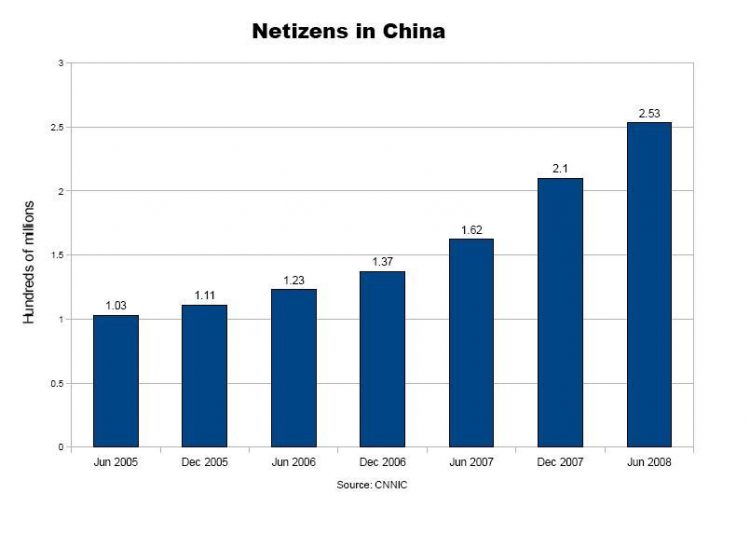Soft Gaming, Hard Choices
Operators and marketers in Asia still face the problem of how to get their money
Even if soft online gaming avoids some of the legal pitfalls of ‘hard’ gaming, suppliers still face the issue of making sure they get paid by the players. In China and some other Asian markets, the local currency is non-convertible and credit and debit card use may not be widespread. Under those circumstances, even soft gaming providers may need to rely on agents to collect their cash.
Another issue in China is that many online soft gaming platforms aimed at Chinese consumers are actually domiciled within the country. This can make it hard for content owners outside China to be sure whether they are being paid fairly by the platform owners. It can also make it difficult for marketing affiliates driving traffic to the site to be sure they are being properly rewarded for their efforts.
“Affiliate marketing is thriving in China,” says Nick Yang, President and Co-Founder of Kongzhong Corporation, a Beijing-based company listed on Nasdaq since 2004 and specialising in wireless value-added services and wireless Internet services.
Challenges
“A lot of sites are making a living off the affiliate market. I have personally invested in many sites that purposely do business and make money from affiliates,” Mr Yang told the Casino Affiliate Convention at The Venetian Macao.
He did however have stark warnings for newcomers to the market.
“Affiliate marketing in China is pretty dark. There’s a lot of fraud. A lot of people get cheated—mostly in terms of not getting paid. A lot of [domestic] sites themselves are also doing fraud to try and get money from foreign affiliates or domestic affiliates,” explains Mr Yang.
“It’s a question of whether you can catch these guys who try to cheat you.”
“The principle marketing method of affiliate programmes right now is the cost per click [CPC] model. No one does the CPM [cost per thousand] because it’s too easily defrauded,” suggests Mr Yang.
Beware the cheats
“Even with the CPC model it’s still pretty hard to track down fraud, because you get a lot of traffic tricks. It appears it [the traffic] comes from real users, but it’s actually a virus software that’s opening up these locations, or something that’s defrauding the system,” he explains.
“More and more people are moving toward the cost per action model. For example with registration,” he adds.
An important disadvantage with the cost per action system is that the costs are typically higher than CPC and there is still no guarantee of avoiding fraud says Mr Yang.
“For example, filling out a registration form or filling out a form—something that requires human action that you can track—even that has a lot of fraud.
Affiliate farming
“There is a huge disparity in wages among people in different parts of China. So these guys hire a bunch of people from a remote part of China, then put some money ‘behind the bar’ of an Internet café, then get the local people to download and fill out forms all day.
“When you track them, sure they’re real users. But they’re definitely not users that you want. These are guys who are earning a very low wage. They don’t have the money to pay for services on your site. It’s fraud,” says Mr Yang.
The best solution and the one least vulnerable to abuse is probably the revenue sharing model, says Nick Yang.
“Right now a lot of people want to do the revenue sharing model. So if you bring in someone who pays for services on my site, I give you a cut. It’s only this way that you can truly avoid someone defrauding the system.”
Even the mighty search engine Baidu.com was publicly accused last November by China Central Television, the country’s state-owned broadcaster, of bending the rules on its search engine results in favour of companies that had paid for adverts on its site.
On 17th November 2008, Baidu appeared to admit the claims, issuing an apology which stated: “We put too much effort in competing technically with Google, and in doing so overlooked our advertising system and its management.”
































